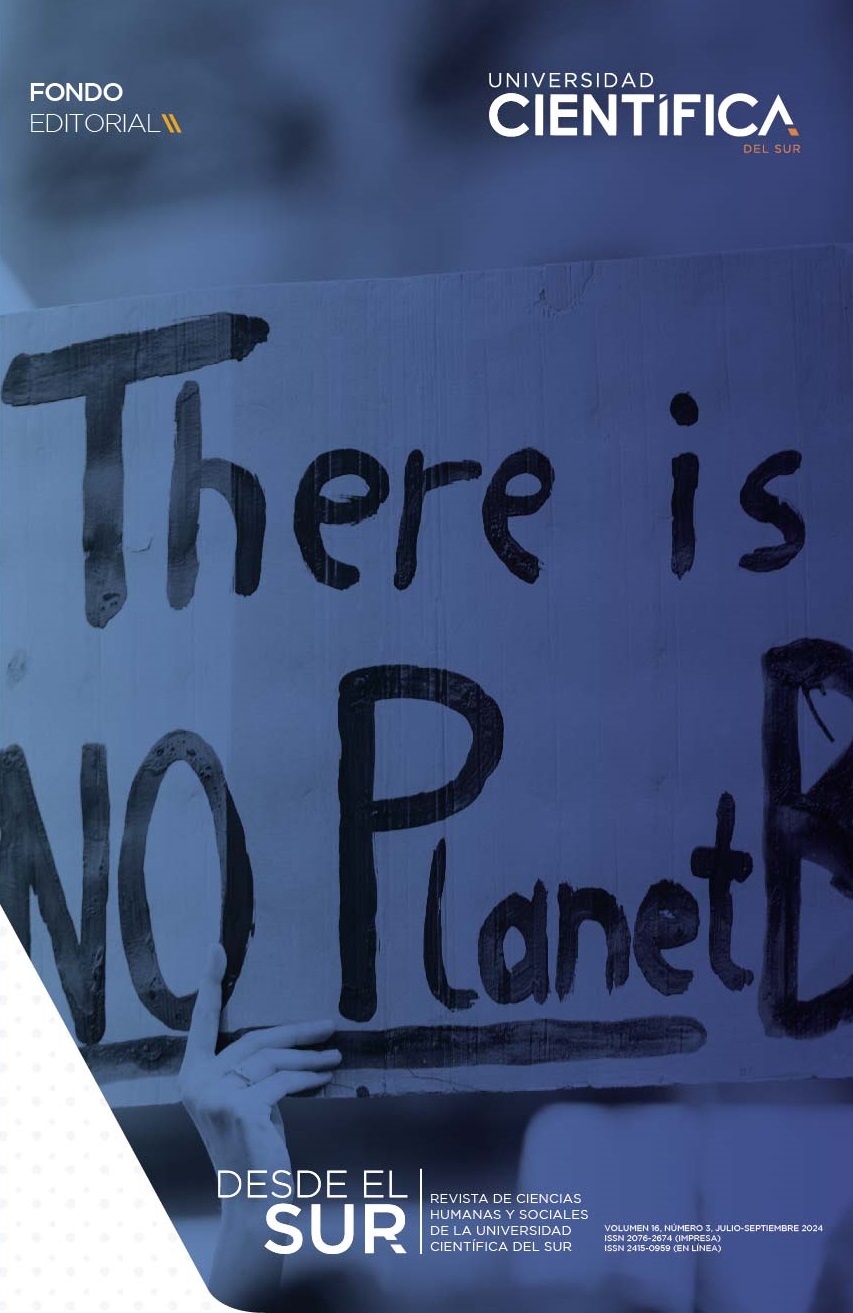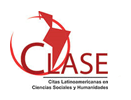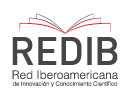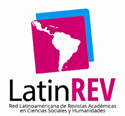Huicholes against Capitalocene
Wichcraft eco-pollitics in Mesoamerica
DOI:
https://doi.org/10.21142/DES-1603-2024-0038Keywords:
Witchcraft pollitics, becoming, body without organs, nierika, micropollitics, Capitalocene, coding, overcoding, delugeAbstract
Starting from the concept of «witchcraft politics» of Deleuze and Guattari, and passing through the political experience of the wixárika ethnic group from northern méxico, this essay explores an «witchcraft eco politics». For that purpose, will start analyzing «Segmentality and micropolitics» from A thousand plateux, that will help us to understand what might be the «witchcraft politics». After that, will talk about the wixaritari complex ontology and their singular way of producing an «body whitout organs» in the Wirikuta desert. Finally, will address the political adventures tha the wixárika people have experience in the last few years to read them as an example of «withcraft eco-pollitcs».
Downloads
References
Centro de Producción Cepropie. (25 de mayo de 2024). Ceremonia tradicional Wixárika con el presidente. https://www.youtube.com/watch?v=0tEzbEP8zY0&t=628s
Deleuze, G. (2006). Conversaciones. Pre-Textos.
Deleuze, G. (2021). Derrames entre capitalismo y esquizofrenia. Cactus.
Deleuze, G. (2005). La isla desierta y otros textos. Textos y entrevistas (1953-1974). Pre-Textos.
Deleuze, G. y Guattari, F. (2004). Mil mesetas. Pre-Textos.
Deleuze, G. y Guattari F. (2015). ¿Qué es la filosofía? Anagrama.
Economía Solidaria. (14 de mayo de 2021). Desenterrando el Capitaloceno: hacia una ecología reparadora. https://www.economiasolidaria.org/noticias/desenterrando-el-capitaloceno-hacia-una-ecologia-reparadora/
Neurath, J. (2002). Las fiestas de la Casa Grande. Conaculta e Instituto Nacional de Antropología e Historia, Universidad de Guadalajara.
Neurath, J. (2008). Alteridad constituyente y relaciones de tránsito en el ritual huichol: iniciación, anti-iniciación y alianza. Cuicuilco, 15(42), 29-44.
Neurath, J. (2021a). Becoming peyote or the flowers of Wirikuta. En M. D. Mathiowetz y A. D. Turner (eds.), Flower worlds. Religion, aesthetics and ideology in Mesoamerican and the American Southwest. University of Arizona Press.
Neurath, J. (2021b). Cosmopolítica contra biopoder: vida, poder y autonomía entre los wixaritari. En M. I. Martínez Ramírez y J. Neurath (coords.), Cosmopolítica y cosmohistoria. Una anti-síntesis. SB.
Neurath, J. (2020). Creating and destroying the upper part of the Cosmos. A new approach to the study of Wixarika Cosmology. En A. Díaz (ed.), Reshaping the world. Debates on Mesoamerican cosmologies (pp. 319-340). University Press of Colorado. Colorado, 2020.
Neurath, J. (2023). Las religiones indígenas de Mesoamérica. SB.
Palma Rodríguez, F. (20 de mayo de 2024). Seminario Kixpatla. Arte y cosmopolítica. Tercera sesión. https://www.youtube.com/watch?v=-4YQo2IWvTs&t=4772s
Pérez Téllez, I. (2015). Ontología y chamanismo entre los nahua de Cuacuila, Huauchinango, Puebla». En P. Gallardo Arias y F. Lartigue (coros.), El poder de saber. Especialistas rituales de México y Guatemala (pp. 245-262). Universidad Nacional Autónoma de México, Instituto de Investigaciones Históricas.
Secretaría de Gobernación de México. (18 de mayo de 2024). Decreto presidencial en el que se reconocen, protegen y salvaguardan los lugares y sitios sagrados y las rutas de peregrinación de los pueblos indígenas Wixárika, Náayeri, O’dam, Au’dam y Mexikan, y se crea la Comisión presidencial para su cumplimiento. https://www.dof.gob.mx/index_113.php?year=2023&month=08&day=09#gsc.tab=0
Venado Mestizo. (22 de mayo de 2024). Peritaje tradicional Wixárika. Mensaje de las deidades. https://venadomestizo.blogspot.com/2012/04/peritaje-tradicional-wixarika-mensaje.html#more
Downloads
Published
Issue
Section
License

Esta obra está bajo una licencia http://creativecommons.org/licenses/by-nc-sa/4.0/



















